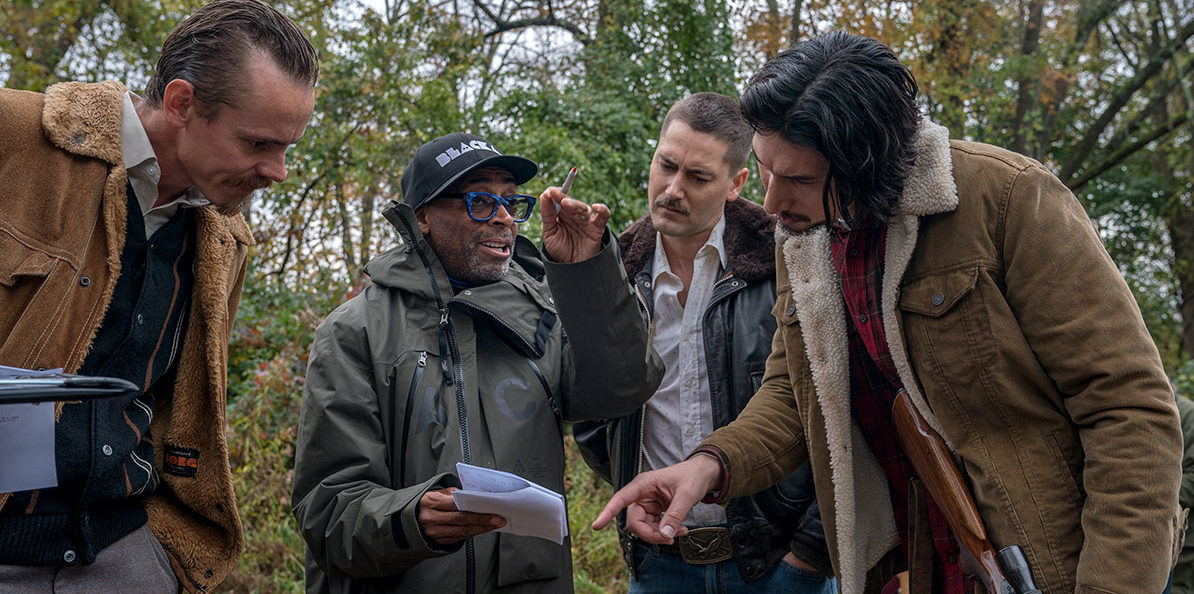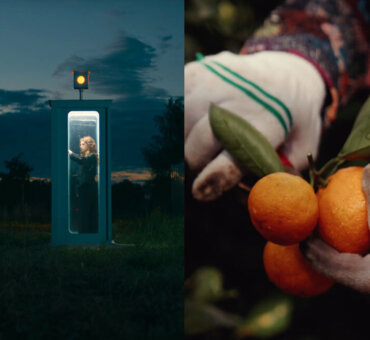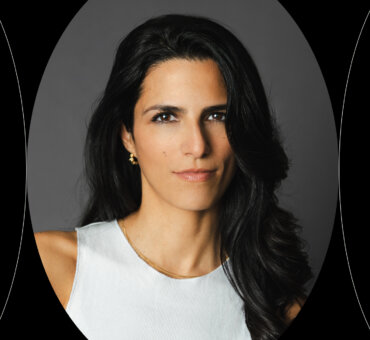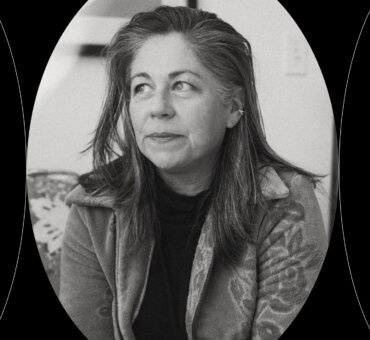Filmmakers have always been on the front lines of change, and this cultural moment is no different. As the world reconsiders its perspectives on race, we can play a huge part in furthering that conversation through our own craft. We have the tools, so we may as well put them to good use.
And, there’s not much controversy around this fact: Filmmaking is made better when more voices are in the conversation. We can all agree that we want filmmaking to progress and to be better. Director Reinaldo Green put it this way in our conversation about inclusivity:
“It’s not about the color of your skin or your gender; it’s about your perspective,” he told us. “It’s about offering a viewpoint of the world that makes our product better. They see the world in a way that I haven’t seen it before.”
Black filmmakers have a unique perspective that must be at the table of creativity. So, how do we bring those voices to the table? By watching their work, of course. Hollywood is a machine, for better or worse, and its fuel is the almighty dollar. By focusing our wallets and eyes on films from black filmmakers, we’re making a statement for their value. We’re putting our money where our mouth is.
So, let’s do just that. We put a list of filmmakers out there so you can get started. Some of them may seem obvious. But, that doesn’t make them any less important—and maybe if we’d all gotten here sooner, Spike Lee would have a Best Director Oscar by now.
Here are 10 black filmmakers everyone should know.
Spike Lee
What can you say about Spike Lee? He’s Spike Lee. As one of the most prolific and visionary directors in modern history, he’s given us gifts in the form of Do the Right Thing, Malcolm X, 25th Hour, and BlackKklansman. But, most importantly, he built his career on his terms, without adhering to “how things have always been done.” Check out his most recent film Da 5 Bloods on Netflix, but any of the films above are a great place to start. It’s hard to go wrong with Spike.
Ava DuVernay
What can be said about Spike Lee can definitely be said about Ava DuVernay, and she’s leading the charge in our modern era. Behind the already classic Selma, as well as I Will Follow and Middle of Nowhere, Ava is demanding the film industry’s attention at every level, both as a creative and as an advocate for change. Her documentary 13th is an essential view for anyone, but particularly for filmmakers who want a masterclass in exploring social issues through film.
Barry Jenkins
Yet another name that most likely needs no introduction, Barry Jenkins has quickly become one of the most sought-after directors in the industry—and for a good reason. With the one-two punch of Moonlight and If Beale Street Could Talk, he’s proven himself to be a deeply human storyteller, able to connect with an audience on just about any level.
Jordan Peele
Director Jordan Peele has said that his dream is to create the next Star Wars, a blockbuster franchise that isn’t based on anything but what’s inside his brain. We’re pulling for him. With imaginative and captivating stories like Us and Get Out under his belt, he’s proven that there may not be a more original director out there right now.
Dee Rees
Dee Rees captured everyone’s (including the Academy’s) attention with 2017’s Mudbound, capturing the rural struggle in a truly empathetic, but unflinching way. But, she had an incredibly strong pair of films leading up to it in Bessie and Pariah. What’s most impressive is that she wrote all three, which means we have a lot to look forward to from a multi-talented creative.
Ryan Coogler
Director Ryan Coogler is living proof that blockbusters and black-centered films don’t have to be mutually exclusive terms. With Creed, Fruitvale Station, and the MCU behemoth Black Panther, Ryan is not only creating massively successful and important films on a consistent basis, he’s proving to other young, black filmmakers that they can do the exact same thing.
Reinaldo Green
2018’s Monsters and Men was Reinaldo Green’s stepping out in the film industry in many ways. But, that doesn’t mean it was his start. As a protegé under the one and only Spike Lee, he was behind some of indie film’s most poignant shorts prior to that (Stop is a must-see). His style was unignorable. But, with a full career ahead of him, the most exciting thing about Reinaldo Green is seeing what he’ll do next.
John Singleton
You can’t ignore the late, great John Singleton, who died suddenly in 2019. He had a lengthy resumé, but his first, Boyz n the Hood, was his best. He was the first black filmmaker (and youngest) to be nominated for the Best Director Oscar in 1991. His masterpiece has stood up to the test of time—probably better than Kevin Costner’s Dances with Wolves, which took home the Oscar the same year. Either way, John Singleton was a titan of filmmaking.
Melina Matsoukas
Yet another filmmaker whose career is just starting to peek over the horizon, Melina Matsoukas didn’t play it safe with her debut feature. Queen & Slim is a bold, provocative take on the romantic crime narrative that was pretty tough not to love. And, having proven her TV prowess with directorial roles in Insecure and Master of None, Melina is a director-to-watch in any medium.
Nia DaCosta
We can’t wait to eventually lay our eyes on Nia DaCosta’s collaboration with Jordan Peele—the upcoming horror-thriller Candyman. The screenwriter and director’s debut, Little Woods, showed that you can make a bleak storyline extremely watchable. She has an obvious talent for working with actors. That can do nothing but bode well for her burgeoning career.
This is an exciting time for filmmaking. Just reading this list is proof that we’re going to be getting access to more incredible talent and art than ever. And this is just the beginning. But, it’s all of our jobs to make sure we’re supporting them by actually watching the films. We all have more time on our hands than ever, so why not start by educating yourself about some of the most important filmmakers of our time. It’ll only do good things.





















































































